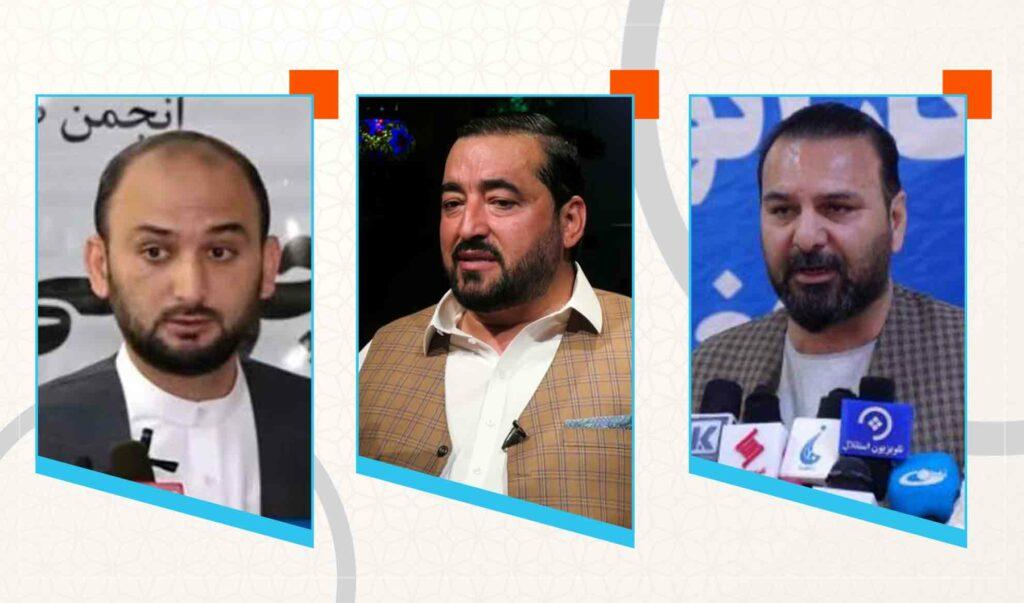KABUL (Pajhwok): Some economic experts assert that economic activities over the last three years have been genuine and recent developments reflect real progress.
However, economic sanctions and banking restrictions have been hindering growth in foreign trade and investment.
To assess the country’s economic situation, Pajhwok talked to three economic experts about the progress and challenges over the past three years.
Abdul Naseer Reshtiya, an economic analyst, noted that Afghanistan’s economy was heavily reliant on foreign aid. When foreign aid and international projects stopped with the IEA takeover, there had been concerns that the country’s economy might collapse.
Contrary to these fears, Reshtiya said that the IEA’s economy-oriented policies helped prevent a total collapse and led to gradual improvements.
Reshtiya emphasized that the IEA’s provision of life and financial security for investors played a crucial role in establishing about a hundred production factories, signing numerous mining contracts, and launching large projects over the past three years.
However, he identified key challenges, including economic sanctions, banking restrictions, issues with transferring and receiving money, and a lack of machinery and electricity.
He said until Afghanistan’s political issues are resolved and the country gains international recognition, economic problems will persist due to these sanctions and restrictions.
Reshtiya believes that Afghanistan has significant investment potential, but currently this has been constrained by these obstacles.
Shabir Bashiri, another economic expert, agreed that the economic activities of the past three years were genuine, in contrast to superficial nature of earlier economic movements.
Bashiri highlighted the positive aspects, including increased bilateral trade with neighboring countries, growth in exports, and investments in the mining sector.
However, he noted that progress in attracting foreign investments was limited, and issues such as the lack of electricity in the production sector were not adequately addressed.
Bashiri stressed the need for increasing investments in the agriculture sector to foster further economic progress.
Addressing these issues and improving infrastructure could enhance the country’s economic prospects and attract more foreign investment.
Janat Fahim Chakeri, another economic expert, said remarkable efforts had been made by the Islamic Emirate of Afghanistan (IEA) to strengthen the country’s economic situation during the last three years.
However, banking restrictions and international sanctions prevented a large investments in the country.
He said despite curbs on the caretaker government by the international community, construction work on the first phase of the Qush Tepa canal project has been completed and work on the remaining phases is in progress.
He called the canal one of the most basic infrastructure projects of the country, which was not executed in last five decades.
Emphasizing that Afghanistan’s water could be a good source of income, the expert added the IEA was able to regulate the country’s water to some extent.
These experts asked the interim government to enhance ties with international community and address the existing challenges such as banking restrictions and curbs on it.
They also urged the United States to unfreeze the Afghanistan assets and cooperate with the IEA in strengthening the economic situation and implementing economic projects.
Meanwhile, the Ministry of Commerce and Industry (MoCI) announced that Afghanistan exported goods worth 4,828 million US dollars to foreign countries since the IEA takeover.
Abdul Salam Jawad, spokesman for MoCI, said as many as 100 factories were opened last year alone, around 1,000 factories were issued operational licenses and over 650 companies were given relief in tariff.
He added holding exhibitions of Afghan products inside and outside of the country, creating a fund to support the private sector, providing necessary facilities in transit sector and enhancing and expanding ties with neighboring and regional countries were the remarkable activities of the ministry during the last three years.
“The Ministry of Commerce and Industry was able to maintain good trade ties with Russia, China, Pakistan, Iran, Uzbekistan, Turkmenistan, Kyrgyzstan and a number of other countries despite the restrictions and curbs.” he explained.
He emphasized supporting the private sector was his ministry’s priority as part of the economy-oriented policies of the IEA.
kk/sa/ma







GET IN TOUCH
NEWSLETTER
SUGGEST A STORY
PAJHWOK MOBILE APP